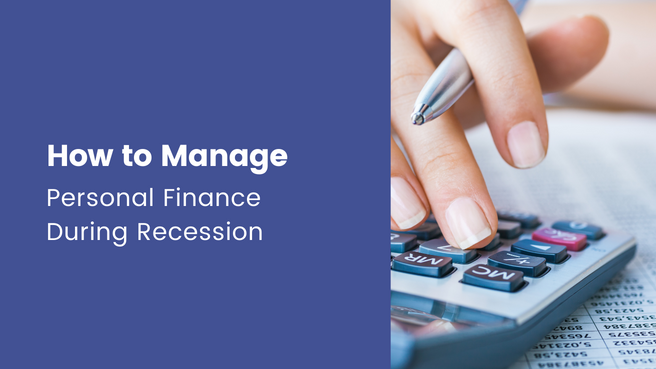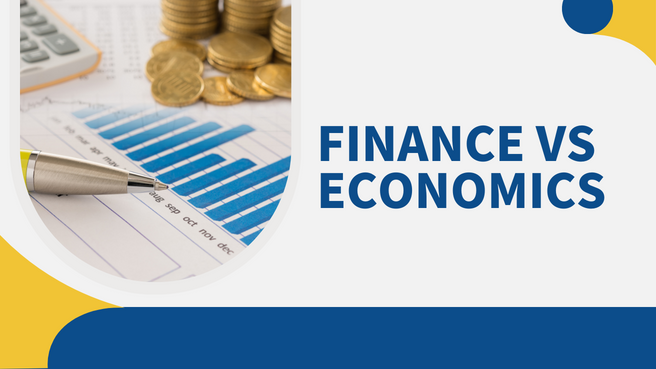How to Manage Personal Finance During Recession: A Quick Guide

The prospect of a recession can be daunting, prompting many to reassess their financial strategies to withstand uncertain economic times. Managing personal finances effectively during a recession is critical, not only to survive the downturn but also to emerge in a stronger financial position. This guide offers practical advice, real-life statistics, and actionable steps to help you navigate economic hardships with confidence.
Understanding the Economic Climate
A recession is typically characterized by a significant decline in economic activity across the economy lasting more than a few months. It’s visible in real GDP, real income, employment, industrial production, and wholesale-retail sales. During these periods, individuals face higher risks of job loss, reduced income, and financial instability.
1. Establish an Emergency Fund
One of the foundational steps in recession-proofing your personal finances is building an emergency fund. Financial advisors recommend saving at least three to six months’ worth of living expenses. This fund acts as a financial buffer that can help you cover necessary expenses during periods of reduced income without needing to rely on credit.
2. Evaluate and Reduce Expenses
Take a thorough look at your expenses and categorize them into essential and non-essential. Essentials include housing, groceries, healthcare, and transportation, while non-essentials might be subscriptions, dining out, and luxury items. Reducing non-essential spending can free up more funds for your emergency savings or to pay off debt.
3. Focus on Debt Management
Managing debt is crucial during a recession. High-interest debts, such as credit card debts, can be particularly crippling. One effective strategy for handling debts is debt consolidation & personal loans. This approach involves consolidating multiple debts into a single, lower-interest loan, which can simplify payments and reduce the amount paid in interest, thus freeing up income for other financial priorities.
4. Continue to Invest Wisely
It’s important to continue investing, even during a recession. However, the key is to invest wisely. Focus on diversified, low-cost index funds that spread risk and cover various sectors of the economy. Avoid making emotional investment decisions; instead, focus on long-term gains.
5. Enhance Your Income Sources
Relying on a single income source can be risky during economic downturns. If possible, look for opportunities to create additional income streams. This could involve freelancing, starting a home-based business, or investing in skills that could lead to opportunities for higher earning potential.
6. Plan for the Future
Use the recession as a learning experience to better prepare for future financial crises. This includes improving your financial literacy, understanding the importance of saving for retirement, and planning for long-term financial goals.
7. Stay Informed
Stay updated with economic trends and potential impacts on your finances. This information can be crucial for making informed decisions about investments, savings, and expenditures.




